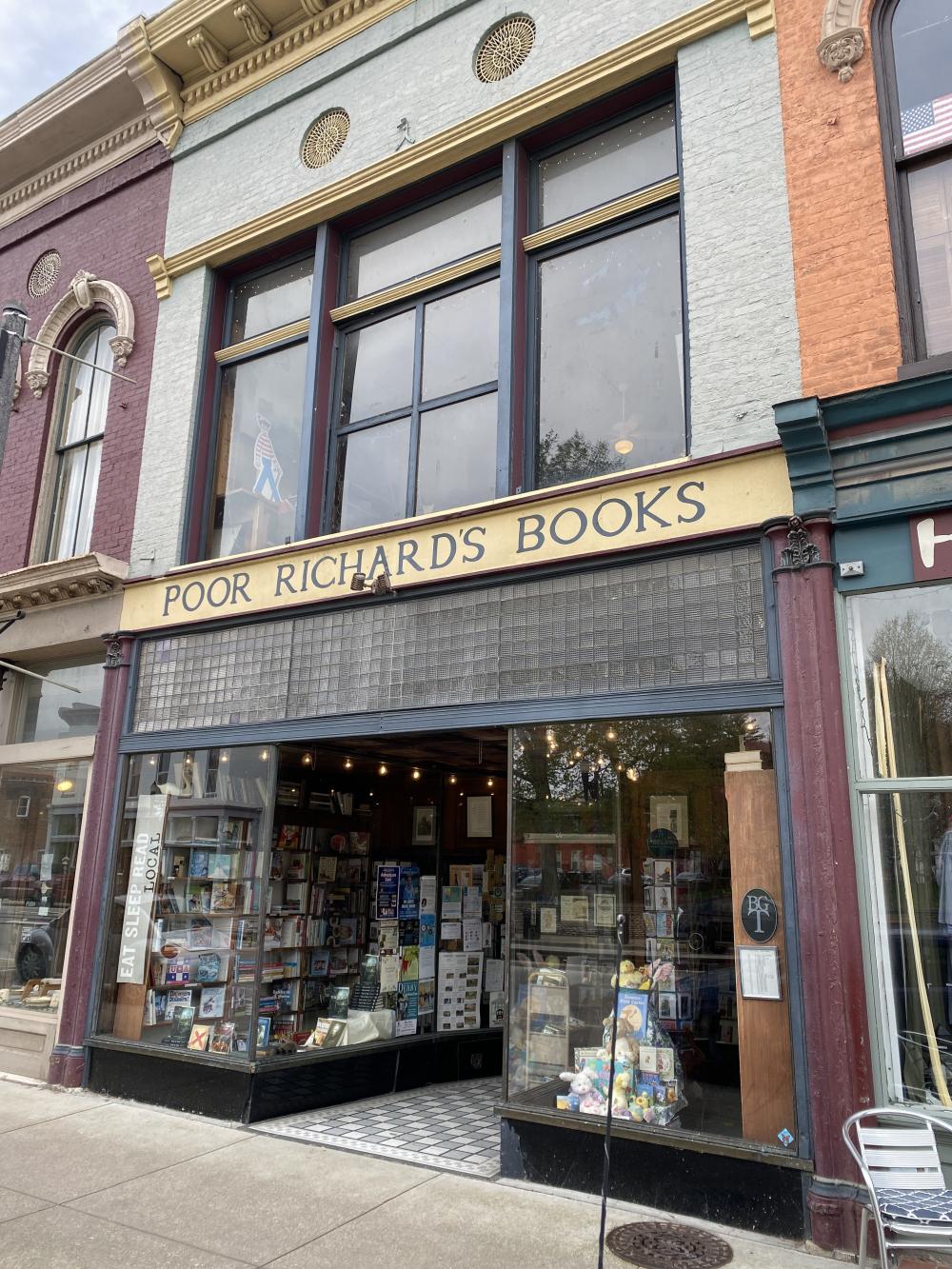
Desolación
Description
Gabriela Mistral was the first Latin American to receive the Nobel Prize in Literature, which she was awarded in 1945. Mistral has fascinated scholars, writers, and artists, who have tried to piece together the variegated layers of her persona and her "emotionally outspoken verses," as Langston Hughes described them. Sundial House's centenary edition commemorates Mistral's debut anthology, Desolaci n (1922), edited by Federico de On's at Columbia University. This bilingual edition, featuring 37 poems translated by Langston Hughes, breathes new life into the Mistral's first anthology and makes available in English an intimate portrait of an ardent observer of life. Desolaci n is an evocative collection of poems and haunting poetic prose that explore desire, grief, motherhood, childhood, nature, and spirituality with radical sensibility.
About the Author
Gabriela Mistral (Author) Gabriela Mistral was born Lucila Godoy y Alcayaga (1889-1957) in Vicuña, Chile and was the first Latin American author to receive a Nobel Prize for Literature (1945). Mistral became a rural school teacher at the age of 15 and her literary reputation was established in 1914 when she won a Chilean prize for three "Sonetos de la muerte." Following a lecture on her poetry in 1921, Prof. Federico De Onís proposed that the Hispanic Institute release a compilation of her poems, as a tribute to Mistral from her fellow teachers of Spanish in the United States. Her relationship with Columbia University thus began with the publication of her first book, Desolación (1922), which includes the poem "Dolor," memorializing a love affair that ended with her beloved's suicide. Mistral was later asked to help reform the education system in rural Mexico, which led to a life of international responsibilities as consul of Chile (1925-1957) serving in Italy, Spain, Portugal, Brazil, and the United States. The publication of Lecturas para mujeres (1923) and Ternura (1924) preceded her eventual move to New York, where she taught at Barnard College. Later anthologies of her poetry include Tala (1938), Lagar (1954), and the posthumous epic, Poema de Chile (1967). Alejandra C. Quintana Arocho (Translated by) Alejandra C. Quintana Arocho holds a BA in Comparative Literature and Society from Columbia University. She is a literary translator who has interned at The Paris Review. Alejandra will pursue graduate studies in translation at Oxford University in 2023 and doctoral studies at Columbia University in 2024. She received the 2023 Ambroggio Prize for literary translation by the Academy of American Poets. Inés Bellina (Translated by) Inés Bellina is the 2021 winner of the Society of Children's Book Writers and Illustrators Emerging Voices Award and a DCASE recipient. She is also one of the co-authors of LGSNQ: Gentrification & Preservation in a Chicago Neighborhood, a photography book about the people and places that define Logan Square. Inés has performed in shows all over Chicago and her writing has appeared in Shondaland, Chicago Magazine, Wine Enthusiast, Block Club Chicago, The Takeout, and The A.V. Club. Anne Freeland (Translated by) Anne Freeland is an editor at the Modern Language Association and a member of the Sundial House Editorial Board. She is the translator of Bolivian social theorist René Zavaleta Mercado's Towards a History of the National-Popular in Bolivia, published by Seagull Books in 2018, as well as a number of shorter scholarly and literary works. She holds a PhD in Latin American and comparative literature from Columbia University. James Mercer Langston Hughes (Translated by) James Mercer Langston Hughes (1901-1967) was an American poet, social activist, novelist, playwright, and columnist. One of the earliest innovators of jazz poetry, Hughes is best known as a leader of the Harlem Renaissance. His ashes are interred beneath a mosaic cosmogram in the Schomburg Center for Research in Black Culture.




























